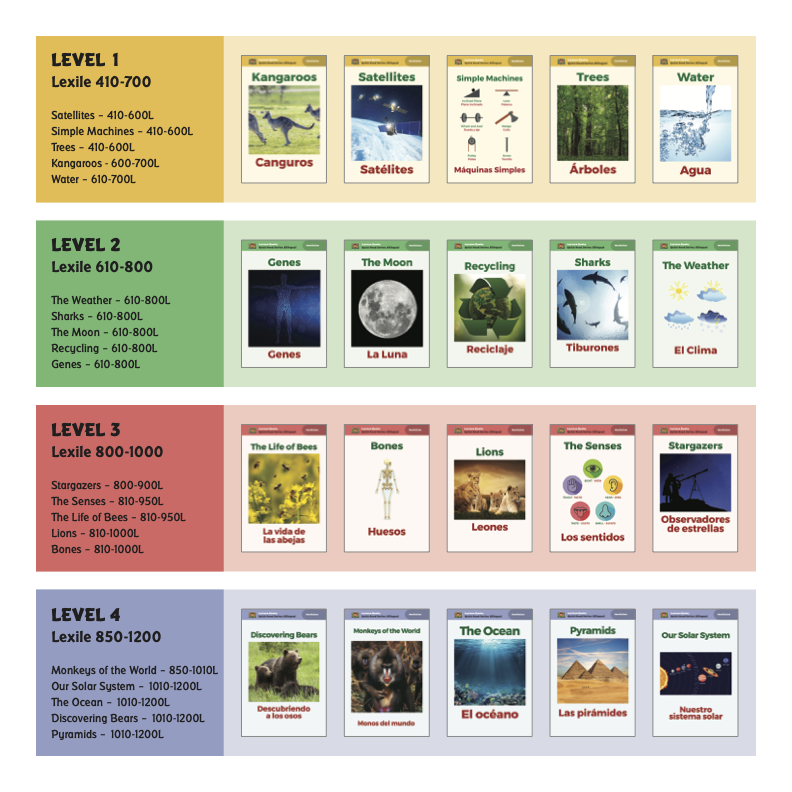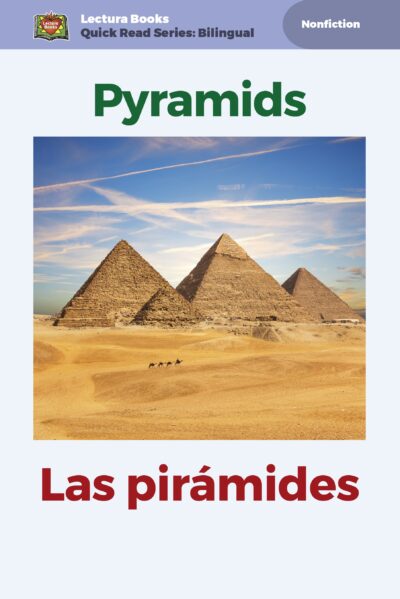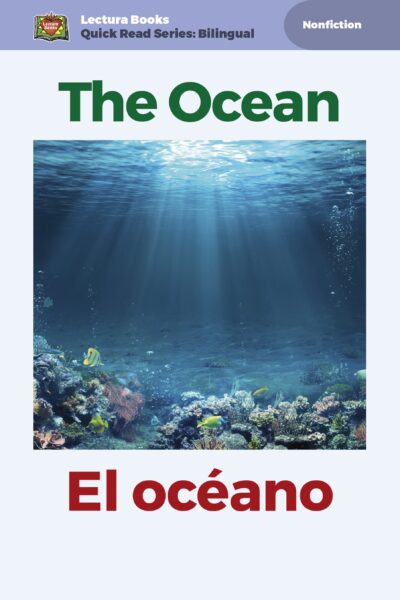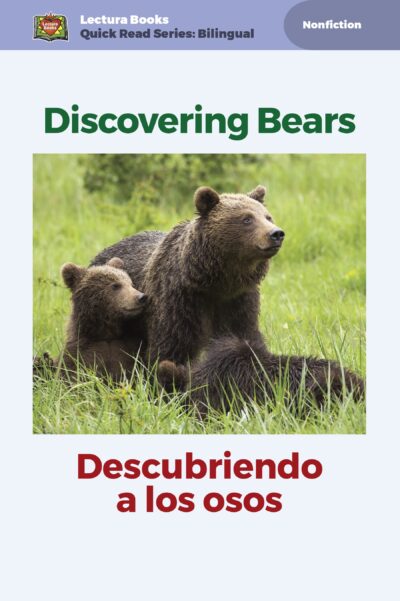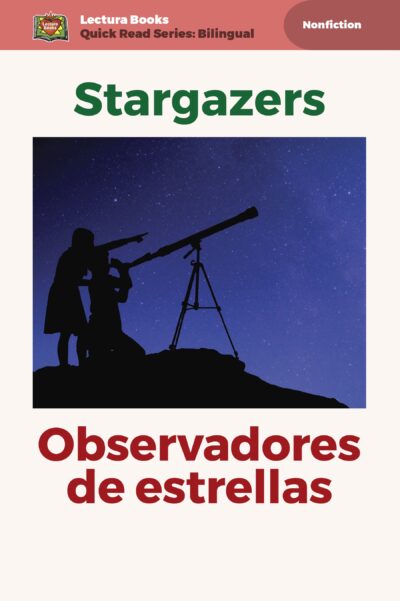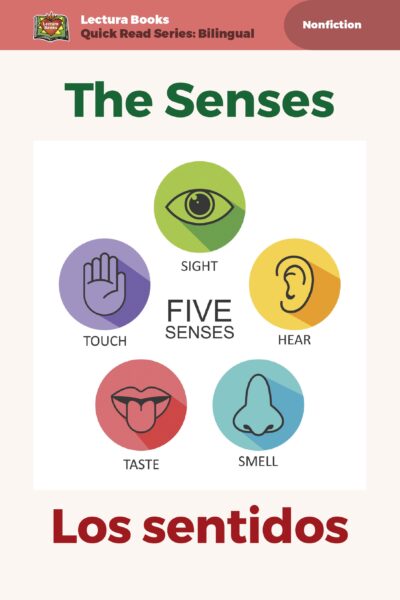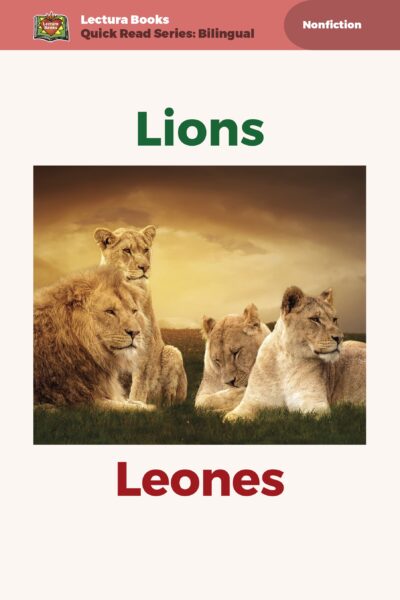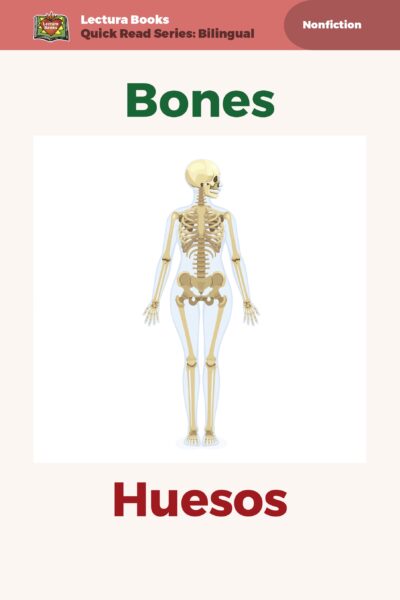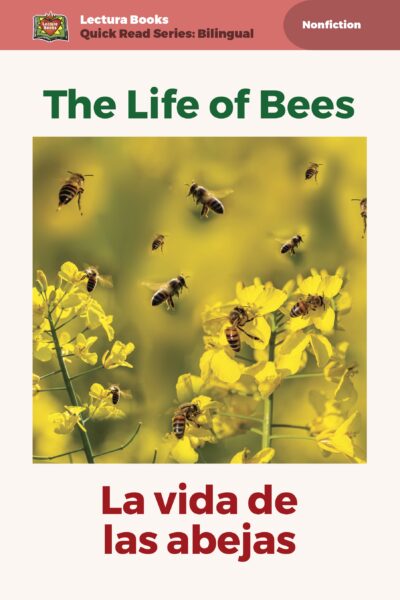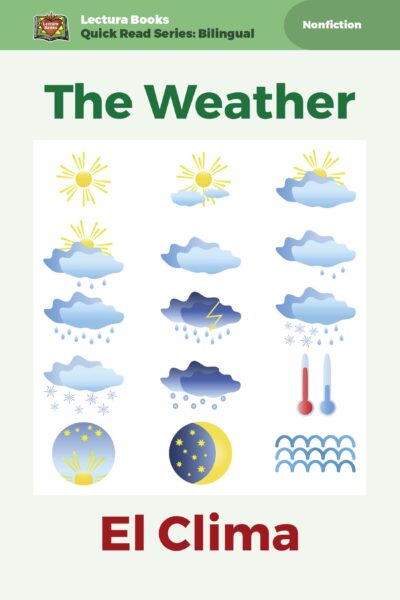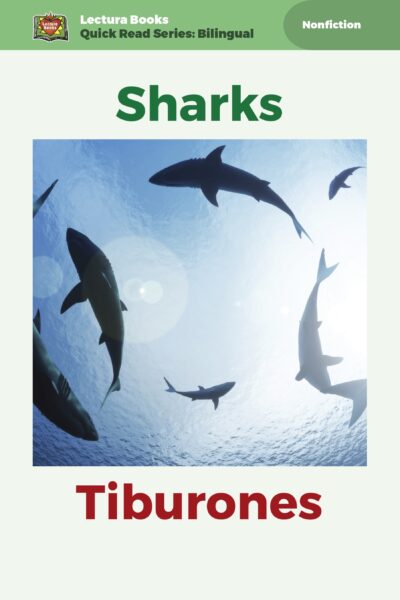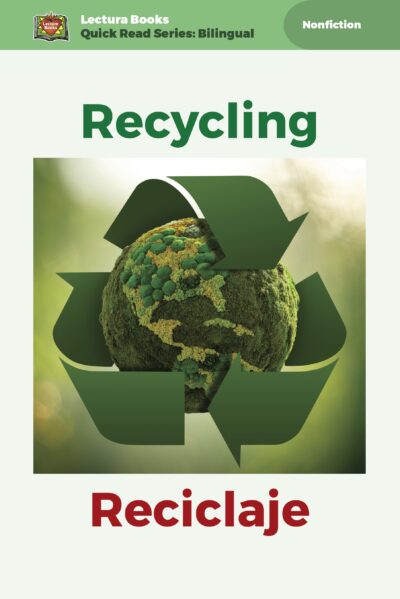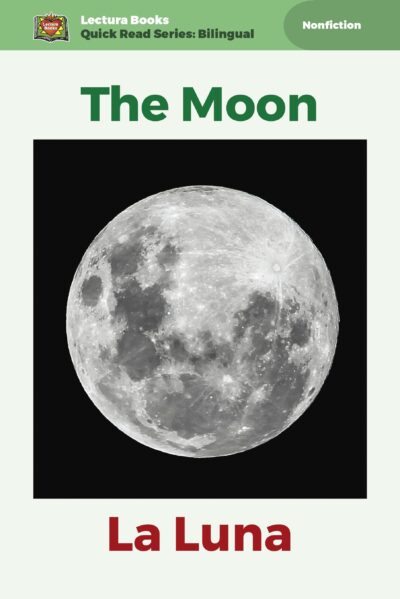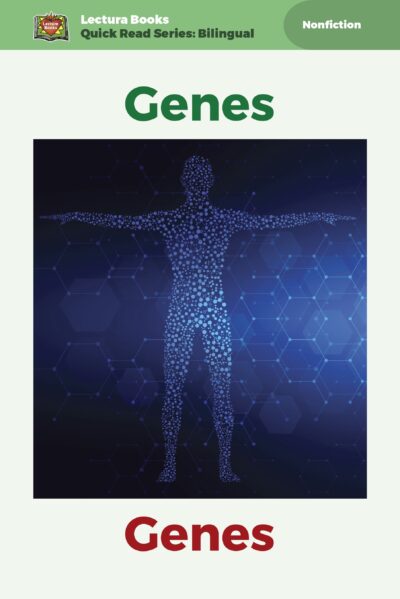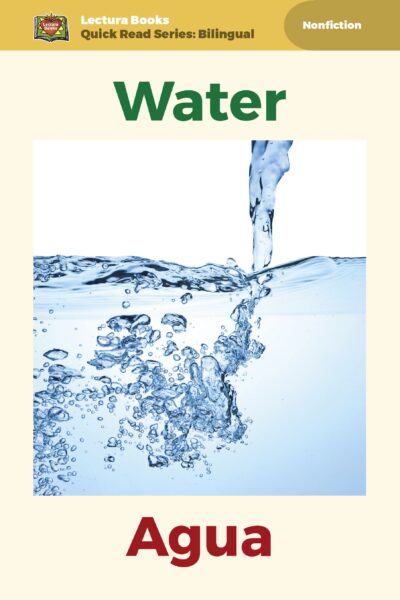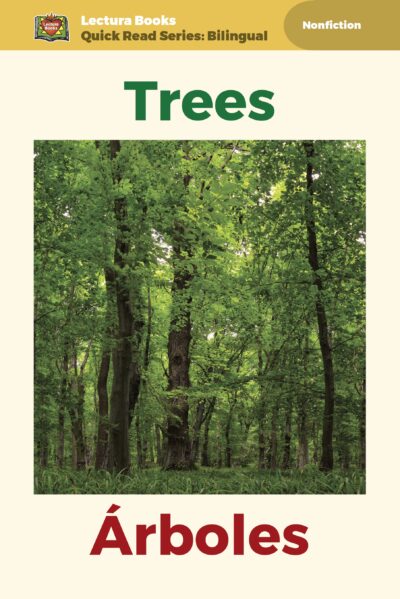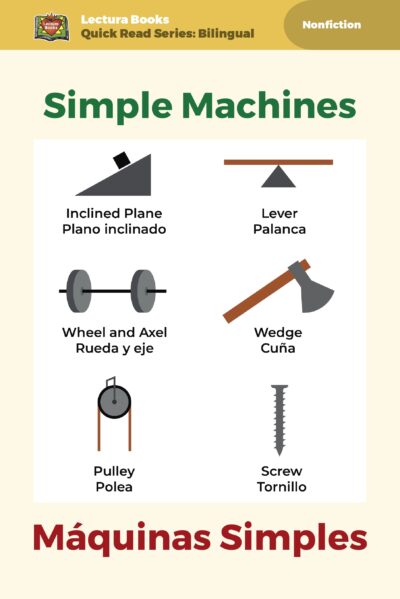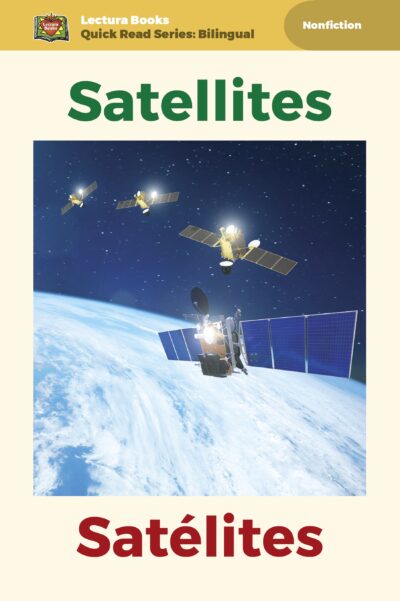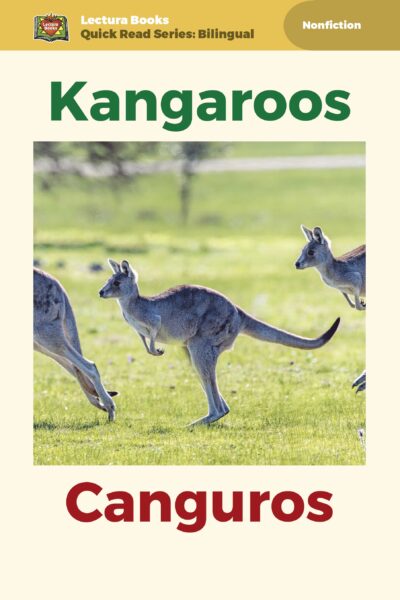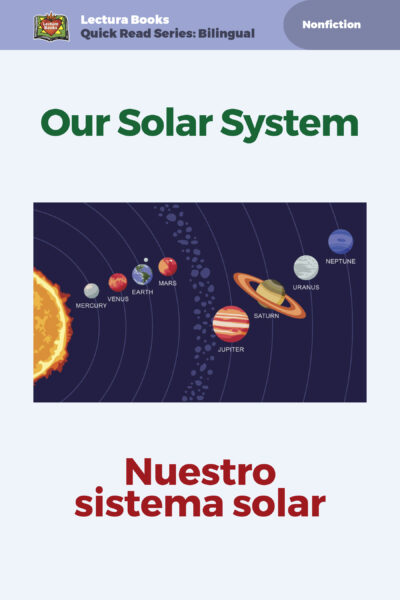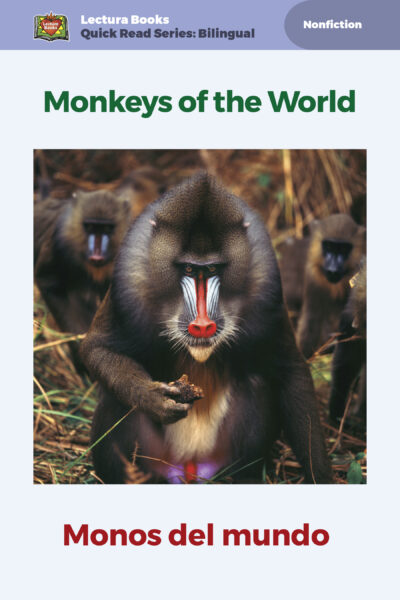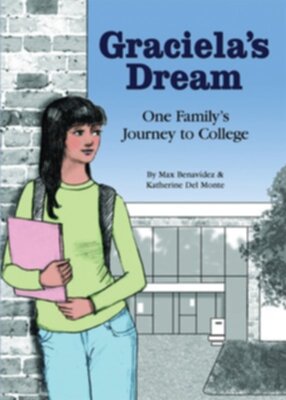Description
HI-LO Quick Read books are nonfiction readers designed for middle and high school readers who may not be reading at grade level in Spanish or English. A strong focus on nonfiction topics for science, nature, and technology, such as Genes, The Ocean, and Satellites.
This collection of 20 Quick Reads includes activities with writing prompts for teachers to use with students. The collection is available in a bilingual format for all classrooms, ESL, bilingual programs, and at-home reading.
Readers who struggle to read at grade level often face unique challenges, particularly English language learners. Complex sentence structures, unfamiliar vocabulary, and overwhelming text length can hinder comprehension and engagement. By using targeted texts within the Lexile 410–1200 range, the Quick Read Series helps build skills incrementally.
Books are designed to:
• Use accessible language with controlled sentence lengths and carefully selected vocabulary.
• Introduce age-appropriate themes that capture readers’ interest without sacrificing comprehension.
• Offer structured progression to encourage gradual movement to more complex texts.
Promoting Literacy Development
The Quick Read Series aims to help struggling and striving readers progress toward higher literacy levels. Lectura Books creates an environment for steady, measurable growth by meeting readers where they are. This approach aligns with educational best practices:
1. Encouraging engagement through age-relevant topics
2. Promoting confidence with appropriately leveled texts
3. Supporting incremental progress to more advanced materials
4. Offering educators with guided activities corresponding to each book
Second Language Acquisition
English learners in secondary school often do not have materials with engaging topics for their age. Also, secondary students who have opted to learn Spanish as their foreign language requirement, lack engaging materials to further their studies and reading interests in Spanish. This bilingual series will offer secondary students with topics that they can relate to while focusing on new vocabulary, and the opportunity to compare and contrast languages with support in their native language.

